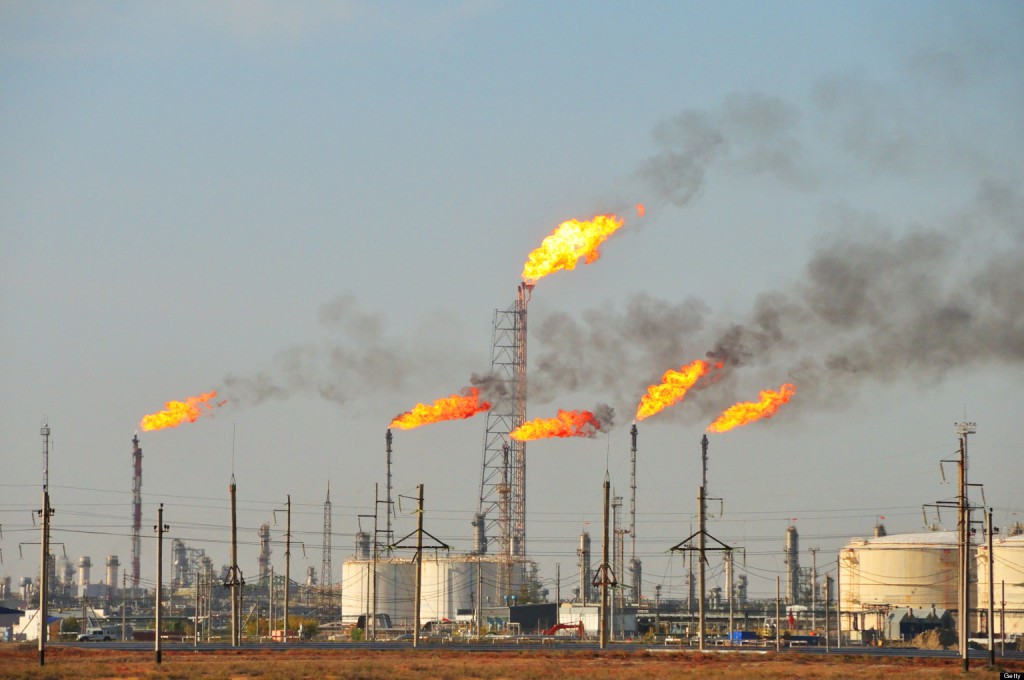The Nigerian Upstream Petroleum Regulatory Commission (NUPRC) has unveiled an ambitious gas-centric energy transition strategy aimed at ending routine gas flaring by 2030 and slashing methane emissions by 60% by 2031.
This was disclosed by the Commission’s Chief Executive, Gbenga Komolafe, during his keynote address at the 24th Nigeria Oil and Gas Energy Week 2025 in Abuja.
Speaking at a strategic session themed “Positioning Nigeria’s Upstream Oil & Gas for Energy Security, Sustainability and Economic Resilience,” Komolafe said the strategy is not only focused on emissions reduction but also on job creation and industrial transformation.
“Our goal is to monetise Nigeria’s vast gas resources and, in doing so, generate thousands of green jobs,” he stated.
He also mentioned that the strategy is backed by several key national initiatives, including the Decade of Gas, the Nigeria Gas Flare Commercialisation Programme, and the Presidential Compressed Natural Gas (CNG) Initiative. These frameworks are designed to stimulate investment, reduce environmental impact, and reposition Nigeria as a leader in Africa’s clean energy future.
Komolafe added that the country is expanding its Liquefied Natural Gas (LNG) infrastructure, deploying floating gas facilities, and developing cross-border pipelines to supply not only domestic industries but also fuel industrial growth across the continent.
“Further anchoring this ambition is Nigeria’s Upstream Decarbonisation Framework, which integrates emissions tracking, MRV systems, carbon capture, and access to climate finance through carbon markets,” he said.
He concluded that these are not mere policies, but concrete opportunities for innovation, investment, and inclusive economic growth.

